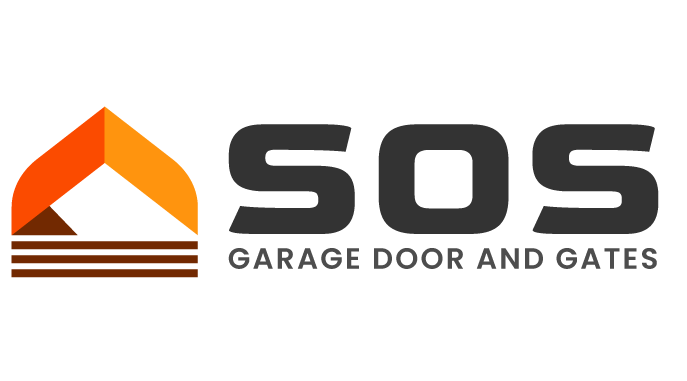
Replacing a garage door repair yourself can be a cost-effective solution, but it demands precise tools like a drill and socket set, and proper safety measures such as disconnecting the opener and securing the door. You’ll need to carefully remove the damaged panel and install an exact match, ensuring alignment and correct torsion spring adjustment. However, complexities in modern garage door systems and risks, including high-tension springs, suggest that hiring a certified technician is prudent for adherence to industry standards and avoiding warranty voidance. To understand the full scope of whether DIY repair is suitable for you, further information is valuable.
DIY Garage Door Panel Replacement
Replacing a garage door panel yourself can be a cost-effective solution for maintaining the functionality and aesthetic of your garage door. The process entails several critical steps and requires specific tools such as a drill, socket set, and adjustable wrench.
First, prioritize safety by disconnecting the garage door opener and securing the door in the open position using C-clamps or locking pliers on the tracks.
Next, identify and remove the damaged panel. This often involves detaching the hinges, rollers, and track brackets. Marking the original positions of these components can facilitate reassembly.
The replacement panel should be an exact match regarding material, design, and dimensions to maintain the door’s structural integrity and appearance.
Install the new panel by aligning it with the adjacent panels and reattaching the hinges and rollers. Adjusting the tension of the torsion spring system may be necessary to guarantee the door operates smoothly. This aspect requires precision, as improper tension can lead to operational issues or safety hazards.
When to Hire a Professional
While a DIY garage door panel replacement can be a feasible task for some homeowners, there are scenarios where consulting a professional becomes necessary. Complexities inherent in modern garage door systems demand a level of technical expertise and safety awareness that surpasses basic handyman skills. When faced with intricate issues, a certified technician guarantees that the job adheres to industry standards, thereby safeguarding both the functionality and longevity of the garage door.
Engaging a professional is highly recommended in the following situations:
- Structural Damage: If the damage extends beyond the panel to the door’s frame or track system, professional expertise is essential to prevent further structural compromise.
- High-Tension Springs: Garage doors operate under significant tension. Mishandling torsion or extension springs can result in severe injury or additional damage, necessitating a professional’s intervention.
- Warranty Concerns: Many garage door warranties stipulate that repairs must be conducted by certified technicians. DIY repairs can void the warranty, leading to potential out-of-pocket expenses.
Ironically, the allure of saving money through a DIY garage door repair replacement often leads to unforeseen complications and additional costs. This ostensibly simple task demands specialized tools, precise measurements, and technical expertise, elements typically outside the purview of the average homeowner. Consequently, while the notion of self-sufficiency is commendable, the pragmatic approach would be to engage a professional. In the end, the pursuit of economy may well result in greater expenditure and frustration.
